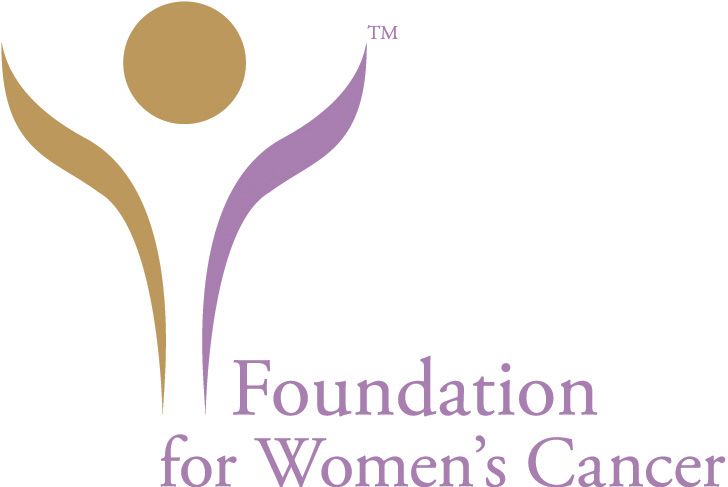
What You Need to Know About Preventing Gynecologic Cancers

Knowing your family history is the first preventative step any woman can take to avoid a diagnosis of ovarian cancer.
“Your final surgical pathology results confirm stage 3 ovarian cancer, and with your strong family history of maternal breast cancer and maternal aunt with ovarian cancer I recommend we perform genetic testing.”
As a gynecologic oncologist, this is an all too familiar conversation. Ovarian cancer is the fifth leading cause of cancer death in women, making it the deadliest of all gynecologic cancers with no screening tool. These facts are exactly why we advocate for preventative measures for ovarian cancer and the four other gynecologic cancers — cervical, uterine, vaginal and vulvar.
Knowing your
Next up on the list of gynecologic cancers are three of the five, which fall into the category of HPV related cancers — cervical, vulvar and vaginal cancers. With the development of the HPV vaccine, now available to women up to the age of 45, we can prevent these cancers and have the potential to eradicate them. Seems like a no brainer to call your local gynecologist and get vaccinated – not only does the vaccine prevent these cancers, it prevents and can help treat the pre-cancer called dysplasia, which transforms into cancer of these organs if left untreated over time.
Finally, uterine cancer, a subset of which is endometrial cancer, is the most common of the gynecologic cancers. Although it is expected that 62,000 new cases of endometrial cancer will be diagnosed this year, it can potentially be prevented. A major risk factor for endometrial cancer is higher than normal estrogen stimulating the uterus — this can come from our fat tissue and women who are overweight or obese, have a much higher risk of developing this cancer. Additionally, extra estrogen exposure can come from hormone replacement therapy, which some women may start using in the peri- and post-menopause phase of life. Genetics also play a role in uterine cancer and women with a confirmed diagnosis of Lynch Syndrome have up to a 60% risk of developing this cancer.
I focus my prevention strategies for endometrial cancer on encouraging my patients to maintain a normal range body mass index with regular healthy diet and exercise. If exploring hormone replacement therapy to use with caution the lowest doses for the shortest amount of time. And of course, genetic testing is recommended if strong personal or family history suggestive of Lynch Syndrome.
I hope this post has been informative and provides tools to help you share knowledge this month on preventing gynecologic cancers! To learn more about gynecologic cancers, genetics, clinical trials and survivorship, I encourage you to visit the
Gizelka David-West, MD, is a practicing gynecologic oncologist, and attending and assistant professor at the Westchester Medical Center in Hawthorne, NY. David-West completed medical school at the University of Miami Miller School of Medicine; residency in obstetrics and gynecology at Mount Sinai School of Medicine; and a fellowship program in gynecologic oncology at New York University. She is also a member of the Society of Gynecologic Oncology (SGO) and on the communications committee for SGO and the Foundation for Women’s Cancer. She is also the lead singer for the gynecologic cancer advocacy band N.E.D.




